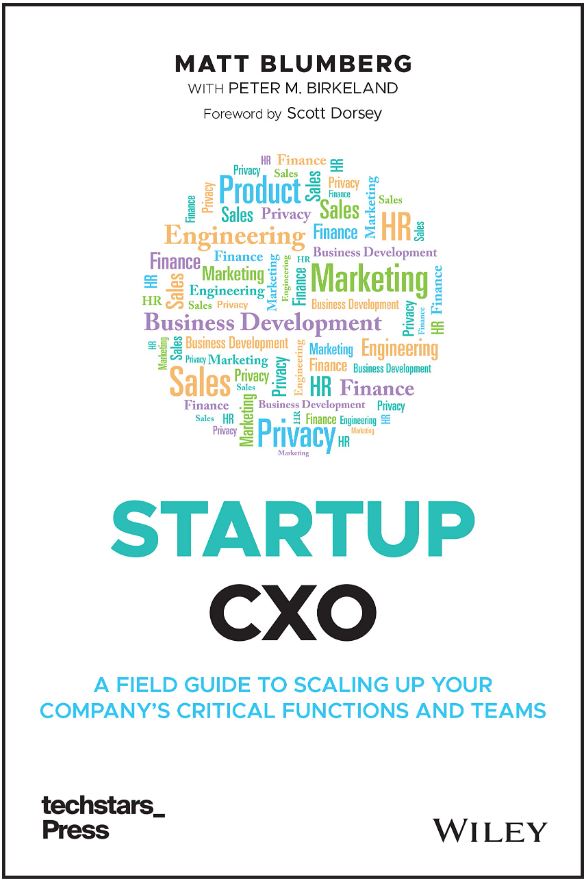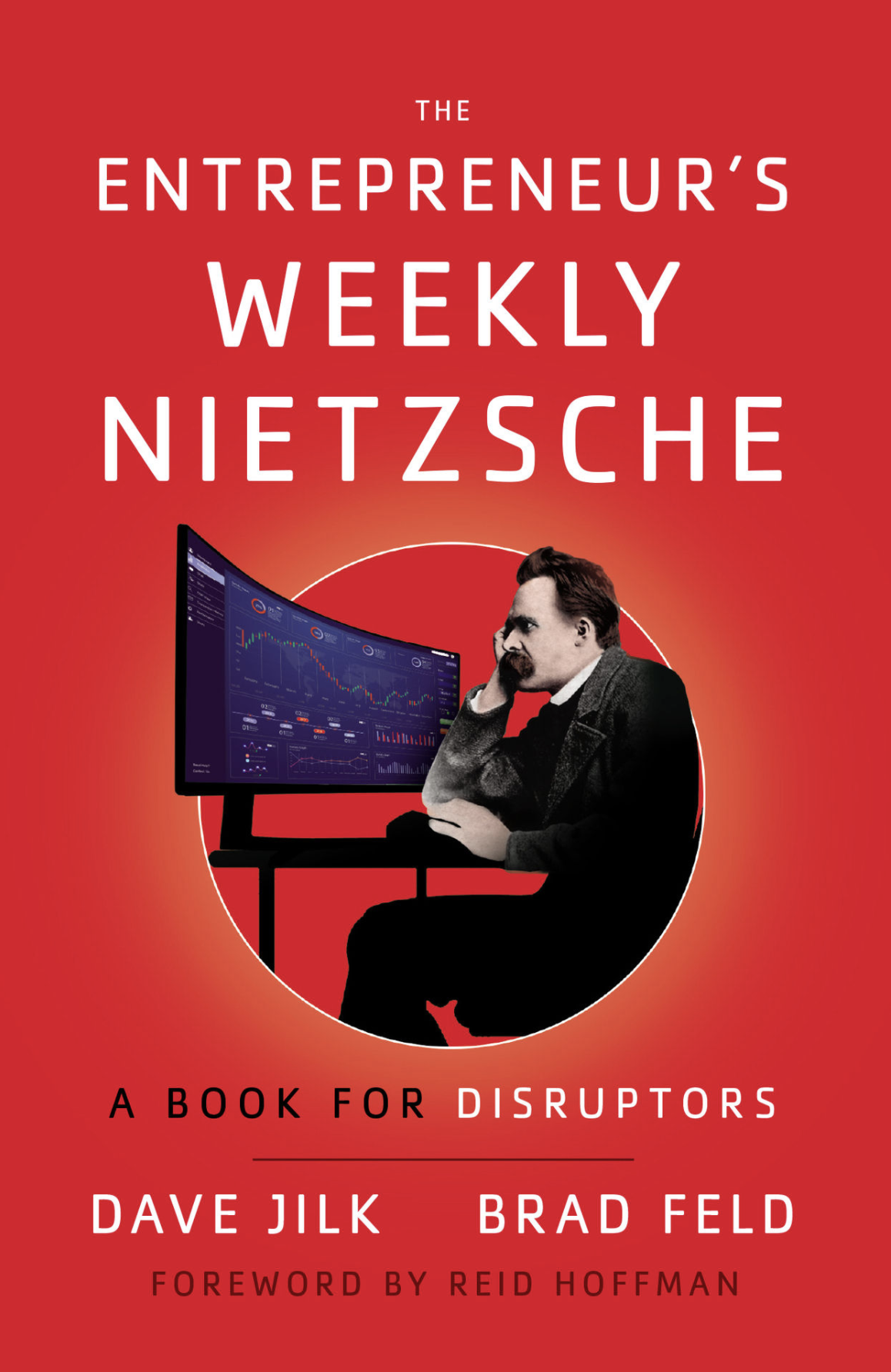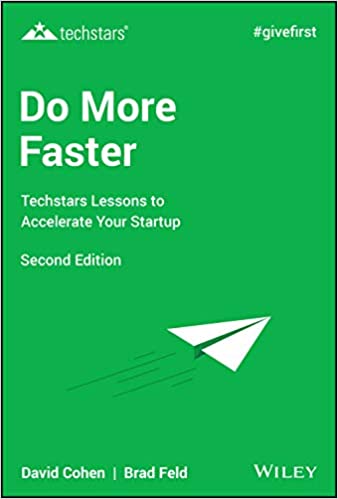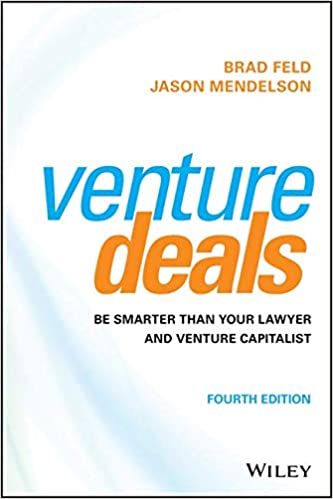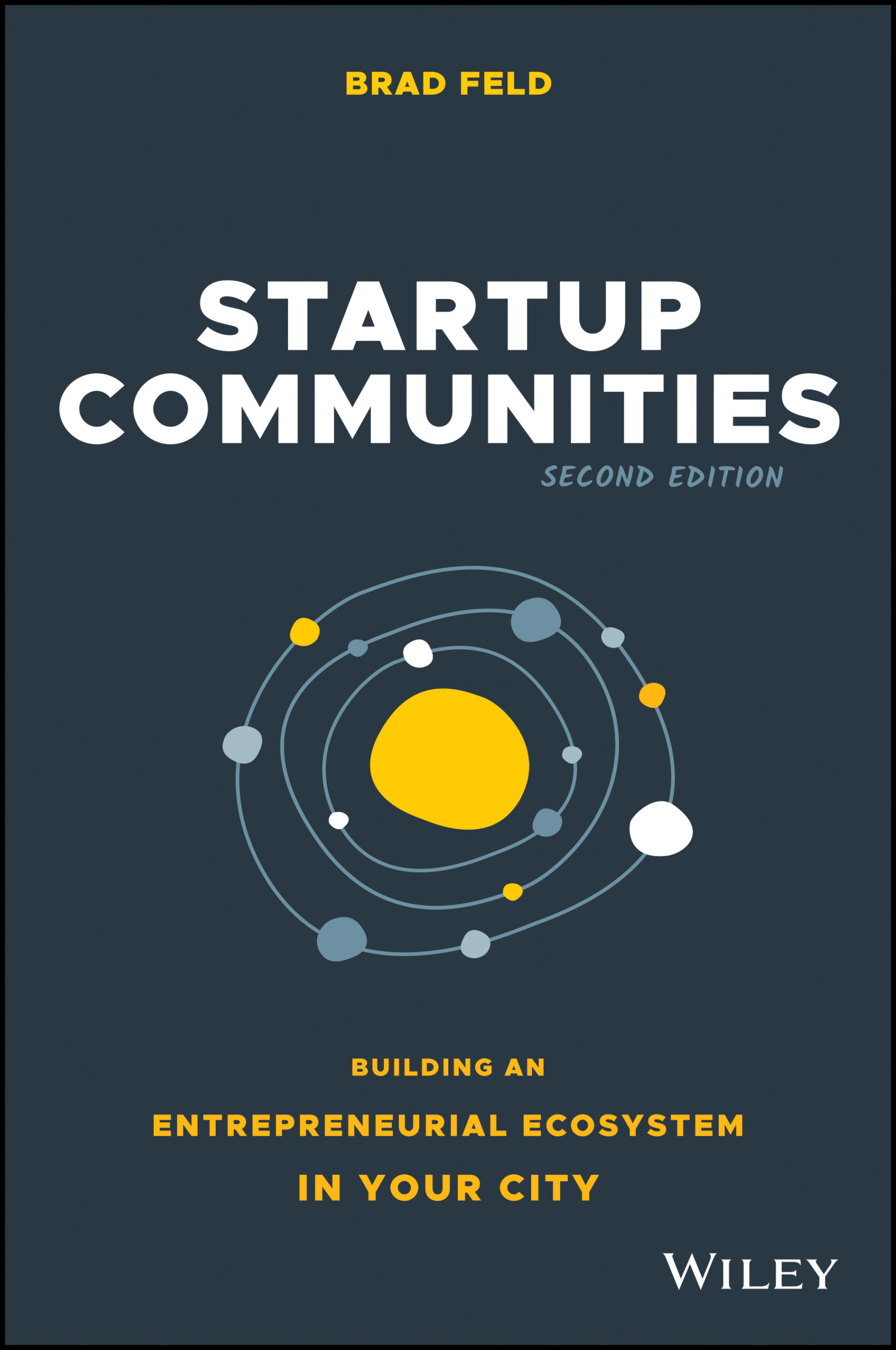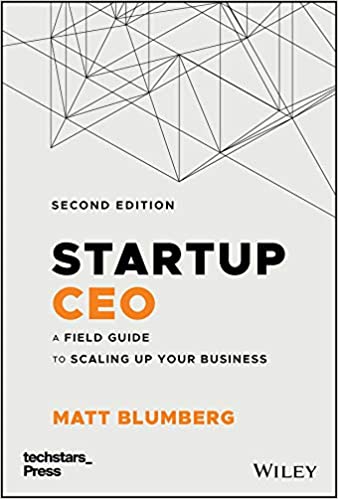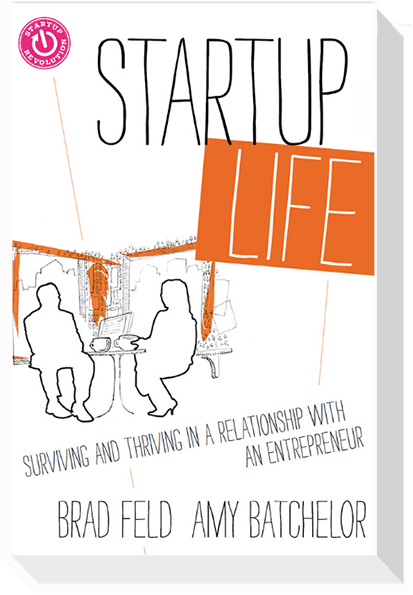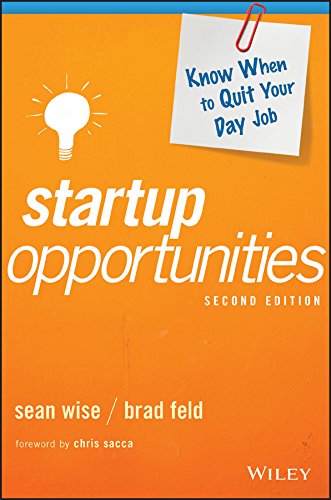Noam Wasserman Reviews Startup Life.
Guest Post By Noam Wasserman – Noamwasserman.com – (Professor & Author )
Halfway through Startup Life, married couple Brad Feld and Amy Batchelor suggest that, “Being in a relationship with an entrepreneur is hard, possibly harder than being an entrepreneur” (p. 78). This hard-learned gem of wisdom is richly conveyed throughout their excellent read.
Through their own real-life examples, and those of others, Brad and Amy drive home the message that a founder’s spouse or life partner is the true cofounder, the one without whose support and contributions the startup could be dead or might have never been born to begin with. Startup Life is an invaluable resource not only for showing life partners their likely path ahead, but also for opening the eyes of the founders themselves to the stresses their partners are likely to experience.
I appreciate how the book tackles the full range of the entrepreneurial journey, beginning with the initial decision to leap (e.g., when motivated by “not wanting to risk a life in a cubicle”), and culminating with a successful exit. However, their clear-eyed presentation of these events highlights the unexpected challenges that can accompany even the biggest success. For instance, the authors poignantly describe the aftermath of Brad’s successful exit from one of his startups as “the entrepreneur’s equivalent of post-partum depression.” Far from the jubilation we would expect to see, Amy and Brad’s raw reflection offers a sobering, honest view of the dark underbelly of what many expect to be the glorious Promised Land. Along the way, Brad and Amy impart a wide variety of practical lessons and suggestions, such as keeping a weekly digital “Shabbat” in which they are offline each Saturday.
To ensure they have cast a wide net of experience, Brad and Amy pepper the book with anecdotes and insights from others in the entrepreneurial ecosystem. Almost all of the outside write-ups have at least one important insight, but a couple of them are particularly golden. For instance, Keith Smith, founder-CEO of BigDoor in Seattle, provides very personal reflections on how habits he developed within the startup harm his personal life. Reflecting on that broader pattern, he says: “…the fact [is] that many of the skills that entrepreneurs develop to help us survive and ultimately succeed in a startup are in direct opposition to the skills we need to build a long, happy, and stable relationship. Embrace risk. Fail fast. Move even faster. Solve problems quickly, and without waiting for every fact to reveal itself. Multitask well. Shape the world around you to match your vision. … [As a result] I’ve got screwed-up priorities, a well-developed set of exactly the wrong skills, and I come off as being emotionally unavailable.”
Another golden write-up delves into the experiences of two spouses cofounding together – “couplepreneurs,” if you will. (My data has shown that founding teams comprised of friends and/or family tend to be less stable than other teams, emphasizing how founding with those types of people is “playing with fire.” Such teams should devote a lot of attention to developing “firewalls” to protect themselves.) Krista Marks and Brent Milne describe their own firewalls, such as always using each other’s given names at work and nicknames at home, and going out of their way to prove to the rest of their teams that they do not discuss sensitive work issues at home.
More generally, succeeding at founding a startup while founding a family requires cultivating an awareness that startup rhythms are rarely in sync with the rhythms of personal life, and that there are often strong disconnects between the entrepreneur’s psyche and the spouse’s. Two of those disconnects are highlighted in the book by spouse Alexandra Antonioli: divergent perspectives on money (“A person who has always worked a salaried position from 9 to 5 arguably does not view money in the same way as the entrepreneur”) and time (“entrepreneurs like to overbook. … They will be late.”). She calls the latter “the Entrepreneurial Time Zone.”
In addition to highlighting the potential disconnects between the personal and the professional, Brad and Amy also highlight ways in which startup best practices should be imported into a founder’s personal life. For instance, the entrepreneur’s intense focus on the startup’s cash position: “Make sure as a couple you know where you stand, how much money you actually have, what your monthly burn rate is, and how long you can go before you are out of money.” Another bit of overlap with founding teams: “a couple that ‘never fights,’ it’s almost always a sign of avoiding talking about troubled topics and not the result of complete accordance and unity with each other.”
Along the entrepreneurial journey, we get to know a variety of fun tidbits about Brad and Amy. For instance, Brad’s ringtones include – perhaps a bit too tellingly! – “Money” for his VC partners and “Comfortably Numb” for CEOs. Brad’s “14-year-old inner self” has a strong aversion to babies. Even though Brad stresses the importance of having regular Life Dinners with Amy, they’ve had to develop “our fail 12.5 percent of the time rule”: that Amy allows Brad to miss it unexpectedly one out of eight times. And even though Brad had significant assets to protect when they got married, they don’t have a formal prenup. Instead, if the relationship fails, Brad says that Amy gets everything and Brad will start over from scratch.
We’re left with a richer picture of the authors, but also a richer picture of the ways in which the founding journey will challenge the most cherished of our relationships, insights that will hopefully enable us to preserve the professional without imperiling the personal.
This is a re-post from Noam’s blog at noamwasserman.com
Noam Wasserman is a professor at Harvard Business School. For more than a decade, his research has focused on founders’ early decisions that can make or break the startup and its team. At HBS, he developed and teaches an MBA elective, “Founders’ Dilemmas,” for which he was awarded the HBS Faculty Teaching Award and the Academy of Management’s 2010 Innovation in Pedagogy Award. In 2011, the course was also named one of the top entrepreneurship courses in the country by Inc. magazine.

